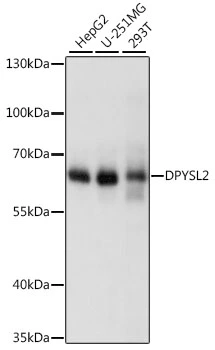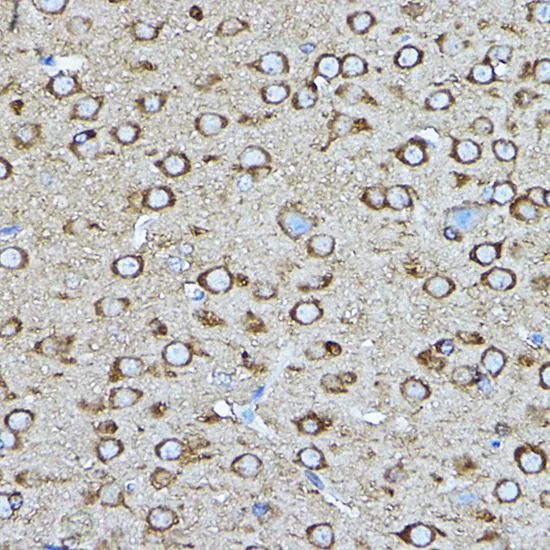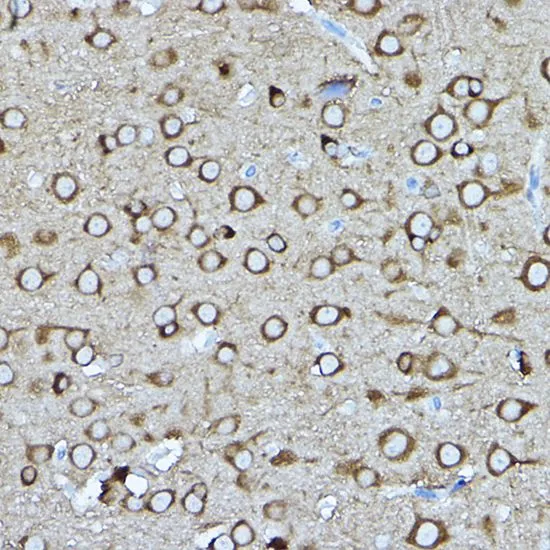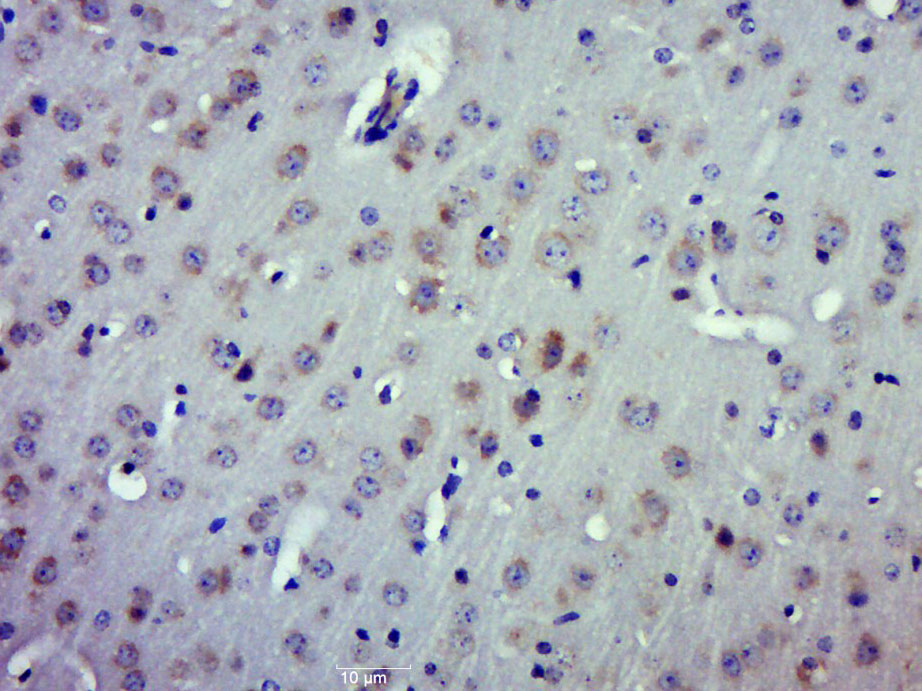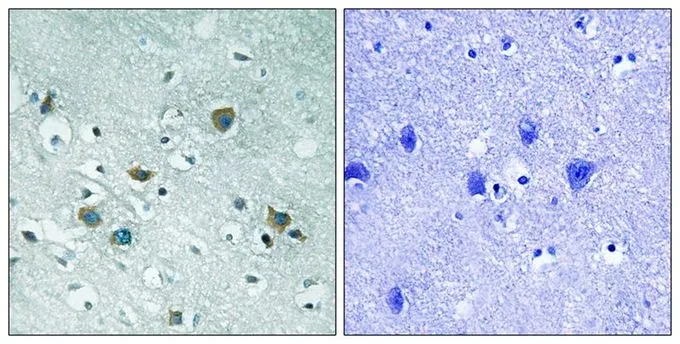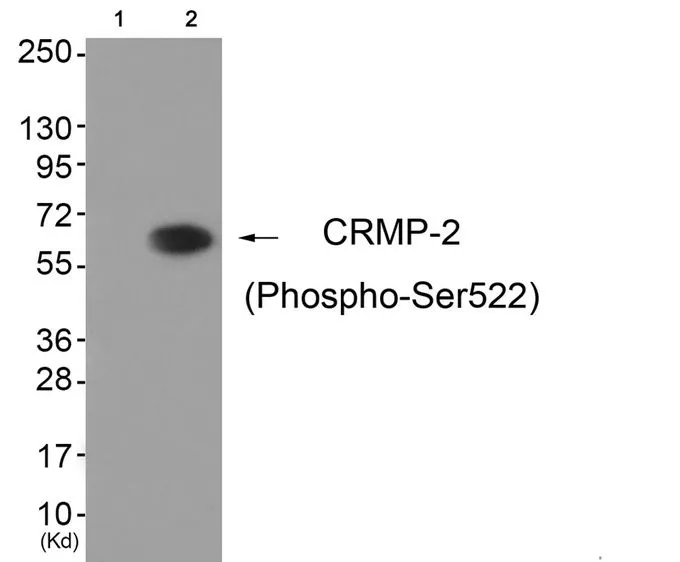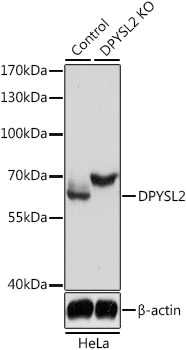
WB analysis of normal (control) and knockout (KO) HeLa cell lysate using GTX35221 CRMP2 antibody. Dilution : 1:3000 Loading : 25microg per lane
CRMP2 antibody
GTX35221
ApplicationsWestern Blot, ImmunoHistoChemistry, ImmunoHistoChemistry Paraffin
Product group Antibodies
TargetDPYSL2
Overview
- SupplierGeneTex
- Product NameCRMP2 antibody
- Delivery Days Customer9
- Application Supplier NoteWB: 1:500 - 1:2000. IHC-P: 1:50 - 1:200. *Optimal dilutions/concentrations should be determined by the researcher.Not tested in other applications.
- ApplicationsWestern Blot, ImmunoHistoChemistry, ImmunoHistoChemistry Paraffin
- CertificationResearch Use Only
- ClonalityPolyclonal
- ConjugateUnconjugated
- Gene ID1808
- Target nameDPYSL2
- Target descriptiondihydropyrimidinase like 2
- Target synonymsCRMP-2, CRMP2, DHPRP2, DRP-2, DRP2, N2A3, ULIP-2, ULIP2, dihydropyrimidinase-related protein 2, collapsin response mediator protein hCRMP-2, unc-33-like phosphoprotein 2
- HostRabbit
- IsotypeIgG
- Protein IDQ16555
- Protein NameDihydropyrimidinase-related protein 2
- Scientific DescriptionThis gene encodes a member of the collapsin response mediator protein family. Collapsin response mediator proteins form homo- and hetero-tetramers and facilitate neuron guidance, growth and polarity. The encoded protein promotes microtubule assembly and is required for Sema3A-mediated growth cone collapse, and also plays a role in synaptic signaling through interactions with calcium channels. This gene has been implicated in multiple neurological disorders, and hyperphosphorylation of the encoded protein may play a key role in the development of Alzheimers disease. Alternatively spliced transcript variants encoding multiple isoforms have been observed for this gene. [provided by RefSeq, Sep 2011]
- Storage Instruction-20°C or -80°C,2°C to 8°C
- UNSPSC12352203

